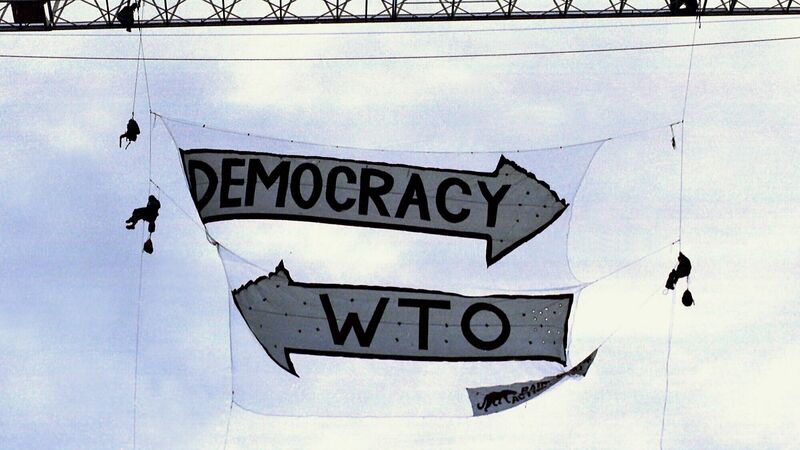Headless World Trade Organisation not good for Ireland’s trading companies

The WTO has kept the worst elements of protectionism at bay and has adjudicated on a wide range of international disputes with admirable skill. File picture: Barry Sweet
In a surprise move, the Brazilian who has been heading up the World Trade Organisation (WTO), Roberto Azevedo, stepped down from his role as director general last Monday, amidst acrimony between the US, China, and the EU and without a replacement nominated for the post.
This leaves a void in the global trading system that Ireland depends on for protecting its key export sector from abuse by unscrupulous traders, outside of the EU protection rules — a situation which is likely to become more important from January 2021 when the UK leaves the EU and may opt to trade under WTO rules only.











